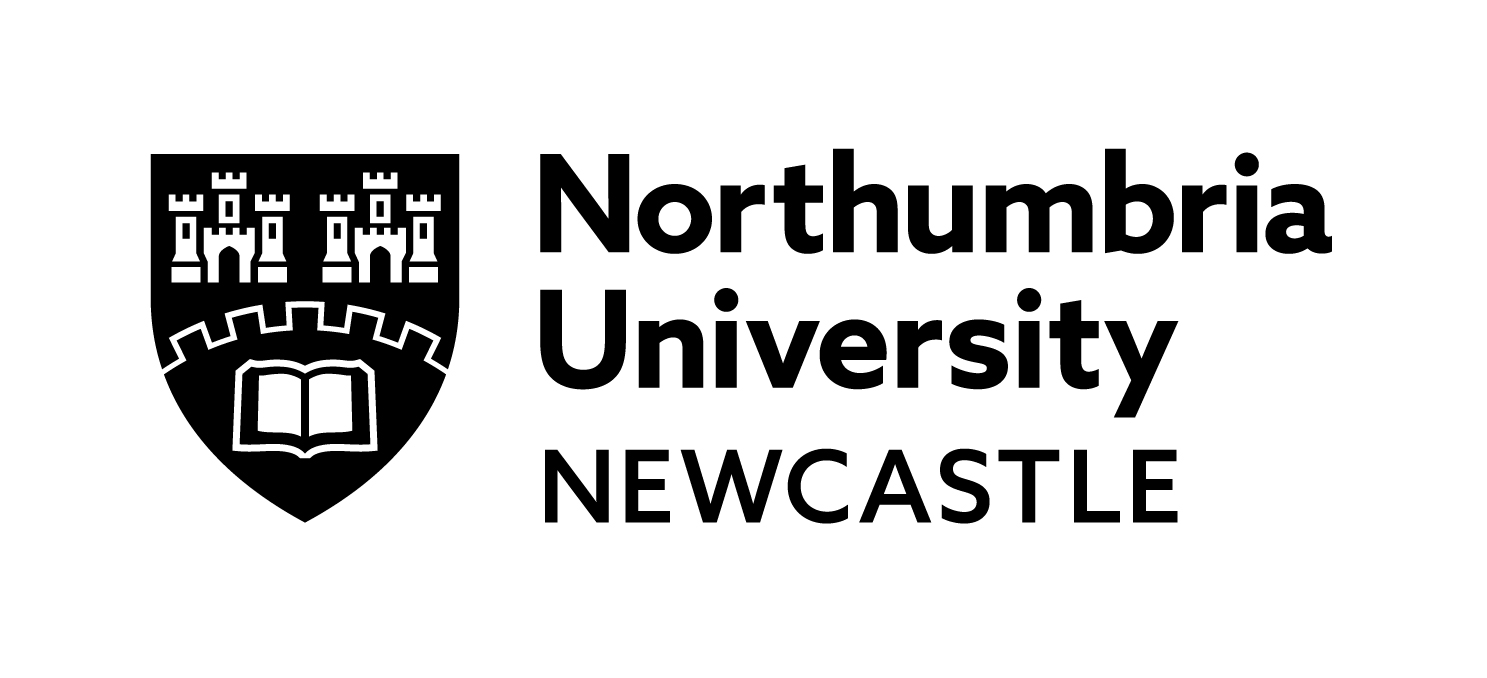Ambitions and Strategic Objectives
Prologue
Our ambitions and strategic objectives recognise Northumbria’s unique profile as a research-intensive university in the NE of England. We support a high proportion of widening participation UG students, alongside a rapidly growing population of overseas students. Northumbria’s strong regional identity is complemented by academics with research of global reach, alongside pedagogical excellence which includes authentic experiential learning through clinics and live projects.
Ambition
We will be creative, future-focused, self-empowered and courageous. We strive to make a visible difference, influencing policy and practice, engendering positive change for students and colleagues through placing education at the heart of the University’s activities in synergy with research and external engagement. Our focus will be upon co-generating and articulating Northumbria’s distinctive pedagogy, including how these promote equality, diversity, and inclusion.
Objectives
This ambition will be achieved through working interdisciplinarily:
Horizon scanning externally for:
- Emerging innovation in education practice, nationally and internationally
- Opportunities, such as awards and grants, to co-ordinate activities to contribute to, and raise the profile of the University’s educational expertise
Horizon scanning internally for:
- Innovations and good practice to be more widely disseminated, recognised and celebrated
- Motivating for and supporting enhancement initiatives and projects, including Northumbria Enhancement Grants and Distinguished Teaching Fellowships (NUDTF)
Outcomes
Through nurturing, recognising and rewarding educational excellence internally we will extend the impact of activities, generating opportunities for raising awareness externally, thereby instating Northumbria’s educational reputation inter/nationally.
Propagating policy and practice internally
- Informing ELG and EC, and proposing issues to be taken up by ELG and EC
Partnership working for transformational learning
- Working with students and alumni, industry, external organisations and other partners, service-users as co-producers to discern a distinctive Northumbria pedagogy and associated principles that will bring about transformational learning for both students and academics
- Extending our external reputation and impact through supporting the dissemination of these transformational learning pedagogy/ies
Recognising and rewarding educational excellence
- Engaging with recipients of Northumbria Enhancement Projects to enhance their impact at Northumbria and to influence externally inter/nationally
- Showcasing educational innovation and good practice across academic and professional support, disseminating externally to afford educational impact inter/nationally
- Promoting and supporting a CATE and NTF pipeline and other awards to support internal success and the University’s educational reputation
- Recognising and valuing education focused careers through supporting academic development, progression, and promotion, recommending policies and practices for supporting teaching, and for progression and promotion through educational excellence
Enhancing educational excellence
- Informing the NU Learning and Teaching Conference
- Informing the L&T Enhancement/Development programme
- Supporting the development and submission of grant applications and publications
Supporting pedagogic research scholarship
- Contributing to collaborative, cross-disciplinary (interdisciplinary) awards and grants
- Informing pedagogical/educational research activities in collaboration with COPER
Process for achieving our ambitions
Establish CITE Reference Group
- Overseeing the activities of, and outputs from, CITE
- Supporting policy and practice change
Establish Learning Circles to support educational initiatives, pedagogic/educational research and grant activity
- An authentic enquiry-based learning through clinics and live projects has already been established
- Further learning circles may be established to develop policy and practice (to be agreed with the Reference Group). These might focus around:
other forms of experiential learning such as simulated learning
equality, diversity and inclusion
assessment strategies to support Northumbria’s distinctive pedagogy
developing and supporting educational excellence (mentoring, peer observation and support)
inclusion of academics in educational innovation (e.g. engaging international academics, and academics with protected characteristics)
involving students as partners in educational innovation - External dissemination and communication of excellence via website
Establishing and supporting links with research and innovation groups across the University
- Establishing open communication channels with COPER to ensure the necessary flow of innovation into research and grant applications
- Establishing open communication channels with ELG to ensure the necessary flow of innovation into education policy
Establishing a Steering Group for Northumbria’s Learning and Teaching Conference
Communication approach
- Website to be designed for internal and external audiences to promote activities and initiatives
- CITE to meet twice per semester (1 F2F, 1 online), while Learning Circles may meet more regularly
- Annual Learning and Teaching Conference to showcase and disseminate scholarship and practice
